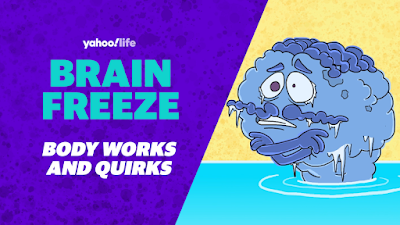How to eat for a healthier brain

Have you ever heard of brain food? Foods you can eat for a healthier brain? I always told my students that before an exam they should drink some water. Why? Because even being slightly dehydrated (1%-5%) can adversely affect brain function . A 2% decrease in brain hydration can result in short term memory loss and have trouble with math computations. Besides staying hydrated, what foods can you eat for a healthier brain? My sister sent me an interesting article, “ People who eat magnesium-rich foods like spinach and almonds may have bigger, healthier brains” . Why magnesium? According to NIH , about half of Americans have diets deficient in magnesium. It is known as a “silent deficiency” as most people are totally unaware that they are lacking in magnesium. What are the health benefits of magnesium? Magnesium is a mineral that has many roles to play in your body. Heart ...


